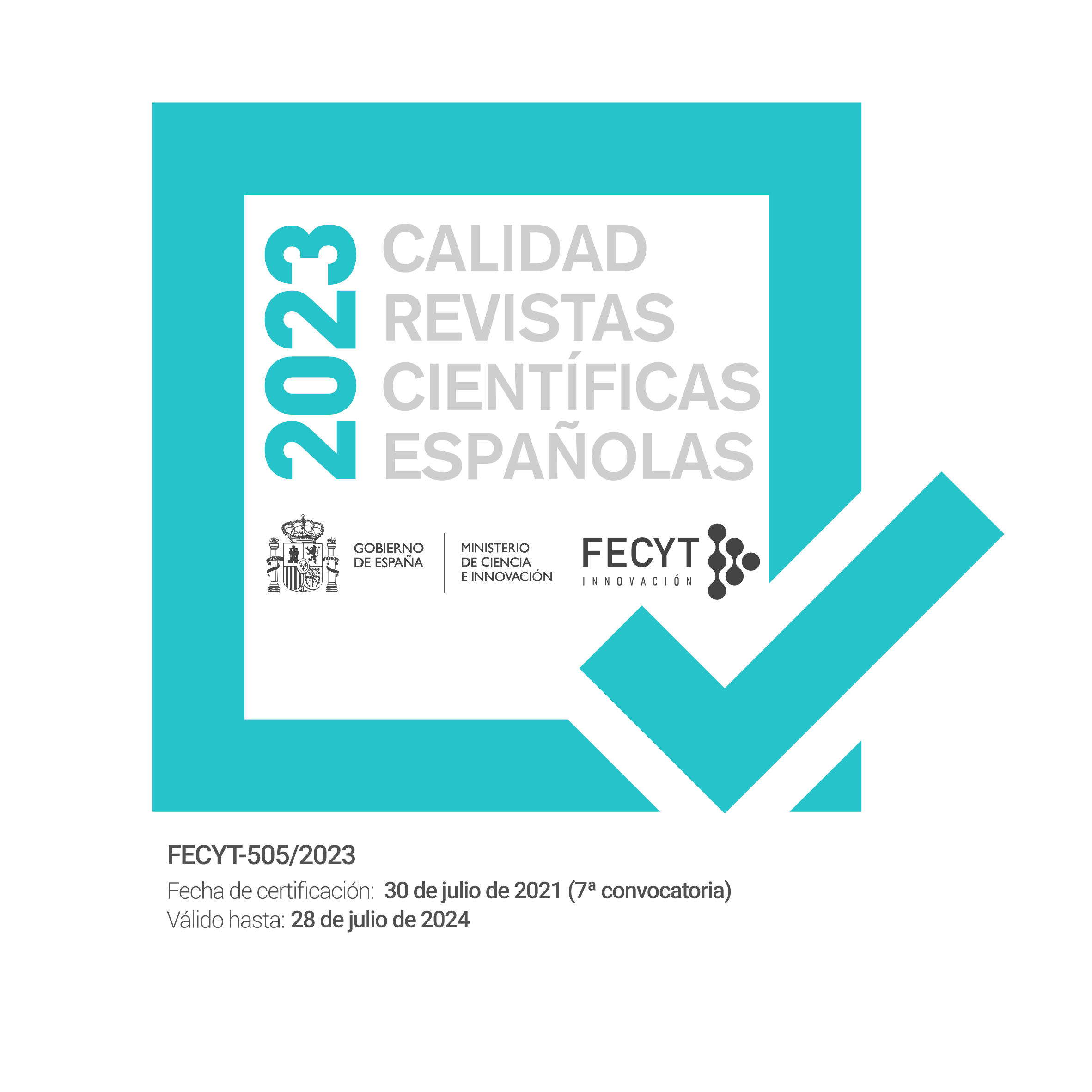Les paradoxes i la filosofia: tres visions contemporànies
Resumen
A paradox is usually described as an apparently false statement supported by an apparently good argument which departs from premises that most people would find trivially true. This survey article presents a brief overview of three different contemporary perspectives on paradoxes. According to the epistemic view, paradoxes play a crucial role in the progress of science and cannot be regarded as sound proofs of a false statement. According to the dialetheist view, the conclusion of some paradoxical reasonings is both, true and false, what means that there must be some true (and false) contradictions. Finally, the mystic view understands recalcitrant paradoxes (antinomies) as unsolvable problems which show the limits of human thought and cognition. The last section of this paper focuses on the paradoxes of self-reference, a family of paradoxes (sharing some structural features) which have had a deep impact in the development of science during the twentieth century.
Keywords: paradox, veridic paradox, falsidic paradox, antinomy, dialetheism, selfreference, circularity, inclosure schema.
Enlaces refback
- No hay ningún enlace refback.


Esta obra está bajo una licencia de Creative Commons Reconocimiento-NoComercial-SinObraDerivada 4.0 Internacional.
